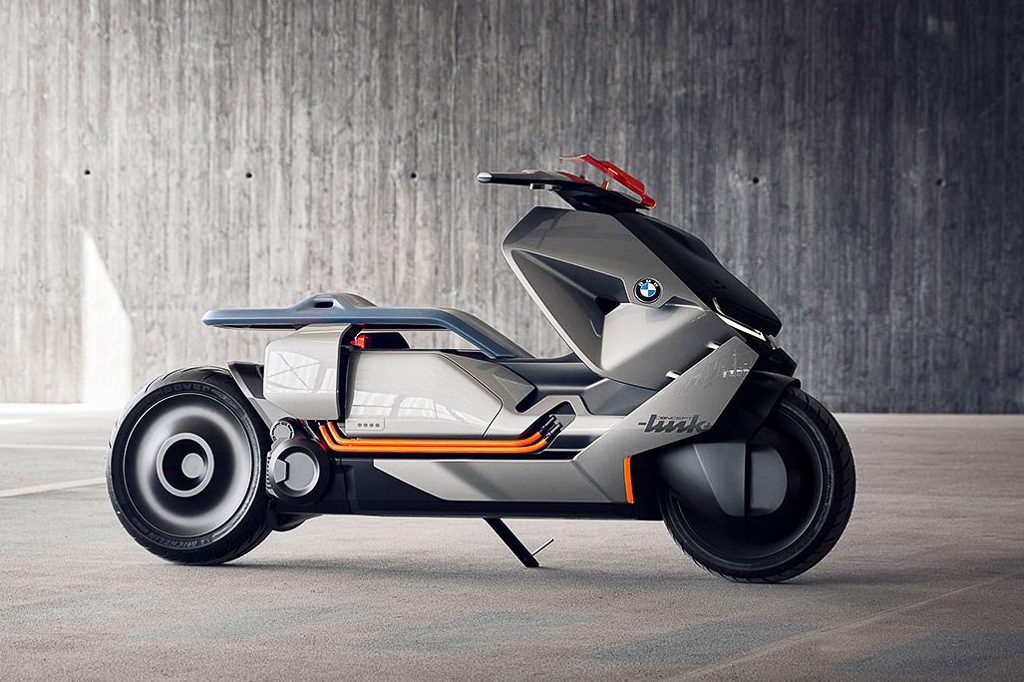1. Electric Motorcycles:
-
Eco-Friendly Transportation: Electric motorcycles offer a more sustainable and environmentally friendly alternative to traditional internal combustion engine (ICE) bikes. They produce zero tailpipe emissions and contribute to reducing air pollution and carbon footprints.
-
Advancements in Battery Technology: Improved battery technology is extending the range and reducing charging times, making electric motorcycles more practical for everyday use.
-
Quiet and Low Maintenance: Electric bikes are quieter and have fewer moving parts than traditional motorcycles, leading to reduced maintenance costs and a more peaceful riding experience.
2. Sustainable Manufacturing:
-
Materials and Supply Chains: Manufacturers are increasingly prioritizing sustainable materials and supply chains to reduce the environmental impact of motorcycle production.
-
Recycling and Reuse: Many companies are exploring ways to recycle and repurpose components, reducing waste and conserving resources.
3. Alternative Fuels:
- Hydrogen-Powered Motorcycles: Research into hydrogen fuel cell motorcycles is gaining momentum, offering the potential for clean and efficient power generation.
4. Smart and Connected Riding:
-
Integrated Technology: Electric motorcycles often come equipped with advanced tech features such as smartphone connectivity, GPS navigation, and real-time data monitoring.
-
Enhanced Safety: Smart helmets and connected riding gear can improve rider safety by providing real-time feedback and alerts.
5. Customization and Personalization:
- Modular Design: Many electric motorcycles are designed to be easily customized and upgraded by riders, allowing for individualized performance and aesthetics.
6. Urban Mobility Solutions:
- Last-Mile Transportation: Electric motorcycles are increasingly used for urban commuting and as last-mile transportation solutions, reducing congestion and emissions in cities.
7. Motorcycle-Sharing Services:
- Shared Mobility: Electric motorcycle-sharing services are gaining popularity, providing sustainable alternatives to traditional ridesharing and taxi services.
8. Electric Racing:
- Electric Racing Leagues: The growth of electric motorcycle racing series, such as MotoE, showcases the capabilities of electric bikes and accelerates technology development.
9. Government Incentives:
- Subsidies and Incentives: Governments in many regions are offering incentives, such as tax breaks and rebates, to promote the adoption of electric motorcycles.
10. Community and Advocacy:
- Electric Motorcycle Communities: Enthusiast communities and advocacy groups are growing, helping to raise awareness and promote sustainable riding.
11. Environmental Impact: - Reduced Carbon Footprint: Electric motorcycles contribute to a significant reduction in greenhouse gas emissions when compared to traditional ICE bikes, especially when the electricity source is renewable.
12. Charging Infrastructure: - Expansion: As the popularity of electric motorcycles grows, there is an increasing focus on expanding charging infrastructure to support riders.
13. Innovation and Competition: - Market Competition: The electric motorcycle market is becoming more competitive, driving innovation in design, performance, and affordability.
The future of motorcycling is shifting toward greater sustainability, cleaner technologies, and a more connected and personalized riding experience. Electric motorcycles, along with a broader commitment to eco-friendly practices, are playing a pivotal role in shaping the industry's future. As technology continues to advance and consumer preferences evolve, the motorcycle industry is poised for exciting and environmentally responsible changes in the coming years.




Comments (0)